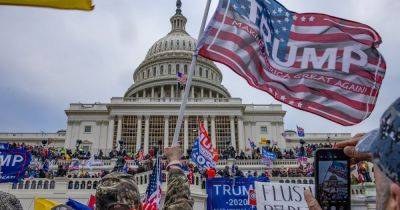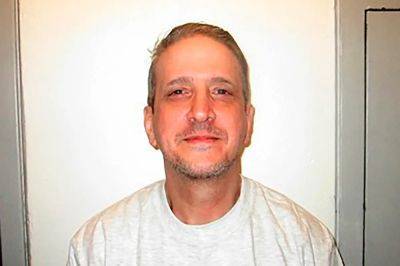Gorsuch urged to recuse himself from supreme court case over ties to oil baron
Two days before oral arguments in a US supreme court case set to have a major impact on federal health and environmental regulation, a leading government watchdog called on Neil Gorsuch to recuse himself over close links to a billionaire oil baron who has hosted the rightwing justice at a mountain resort called Eagles Nest for weekends of dove shooting and who stands to benefit from the ruling at hand.
“Not only would overturning Chevron deference strip power from federal agencies, harming their ability to serve everyday Americans – but now, we know billionaire oil baron Philip Anschutz would score big from a favourable ruling by his friend on the high court,” said Caroline Ciccone, president of Accountable.US.
“It’s far past time for these justices to stop putting their billionaire pals over Americans. Recusal from cases where they have glaring conflicts of interest is the very least they can do to restore some semblance of credibility and integrity to our supreme court.”
The case at hand, Loper Bright Enterprises v Raimondo, considers whether the National Marine Fisheries Service can compel fishing vessels to pay the salaries of federal observers ensuring stocks are not overfished.
But the case has much wider implications because it is thought likely to remove the Chevron deference, a principle named for a 1984 case involving the eponymous oil giant which established that federal agencies have the discretion to issue regulatory rules without congressional approval.
Ben Johnson, a professor of law at the University of Florida, recently told the Amicus podcast, from Slate, those who wish to see Chevron fall see “the courts [as] a more reliable enforcer of [their] view of policy [and] don’t want agencies to have the ability to







